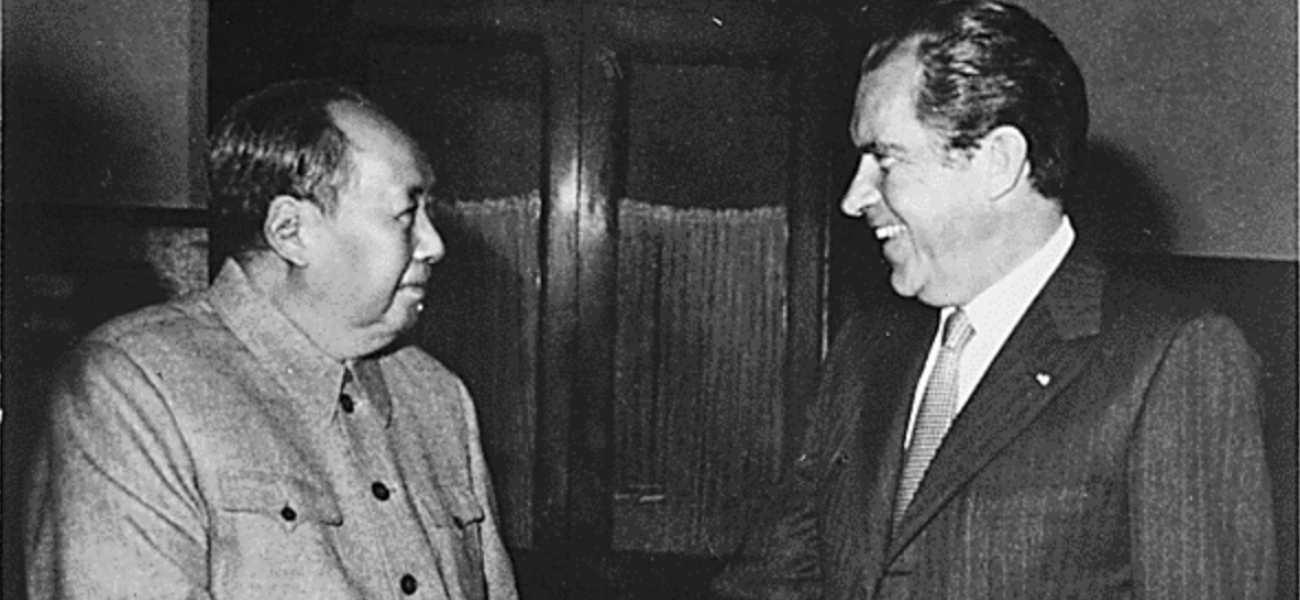
To Blunt the Threat of Harm From AI, First Prevent Cold War II
June 08, 2023
Robert Wright
This is a summary of an article originally published by The Washington Post.
- You don't have to buy the most catastrophic AI scenarios — such as the ones in which AIs gain power and deem humans a disposable nuisance — to believe technology is at a dangerous historical juncture. Focus instead on the socially destabilizing end of the spectrum, and imagine where present trends could lead within a few years. Whatever AI's eventual benefits (which will be many), it is pretty much guaranteed to:
- Cause big waves of unemployment.
- Give partisan online warriors powerful new ways to stoke tribal conflict.
- Give malicious hackers more potent tools.
- Give "mind hackers" — people who aim to draw the vulnerable into dark worlds for malign purposes — new tools.
- Isn't it at least possible that the AI challenge is so momentous that it, not Cold War II, should be the organizing principle of U.S. foreign policy? Maybe if this grave and conceivably existential challenge can't be dealt with amid deep international tensions, then the United States should try to lessen the tensions?
- Some of the people who best understand the technology's emerging capabilities think the answer is yes. Geoffrey Hinton, sometimes called "the godfather of AI," fears that AI may constitute an "existential threat" and believes that responsibly governing it will be impossible in an environment of bitter competition between the United States and China. "My one hope," he said recently, is that the two countries will recognize that "we're all in the same boat" and cooperate to keep AI under control. Hinton cited as precedent nuclear arms control agreements between the United States and the Soviet Union.
- The effective international regulation of AI will call for fine-grained and intrusive monitoring and for periodic refinement of the rules — things much harder to reconcile with a cold war atmosphere. ... what's needed is a world more like that of a couple of decades ago, before America's relations with China (and Russia) started to go downhill.
- Increasingly, national security will require wise international governance. And wise international governance will require a change of course.
Read the full article at The Washington Post.
Author
Robert Wright
Robert Wright, whose books include “The Moral Animal: Evolutionary Psychology and Everyday Life” and “Nonzero: The Logic of Human Destiny,” publishes the Nonzero Newsletter and hosts the Nonzero podcast.
Photo shared by the U.S. National Archives via the Public Domain. The opinions expressed herein are solely those of the author.
